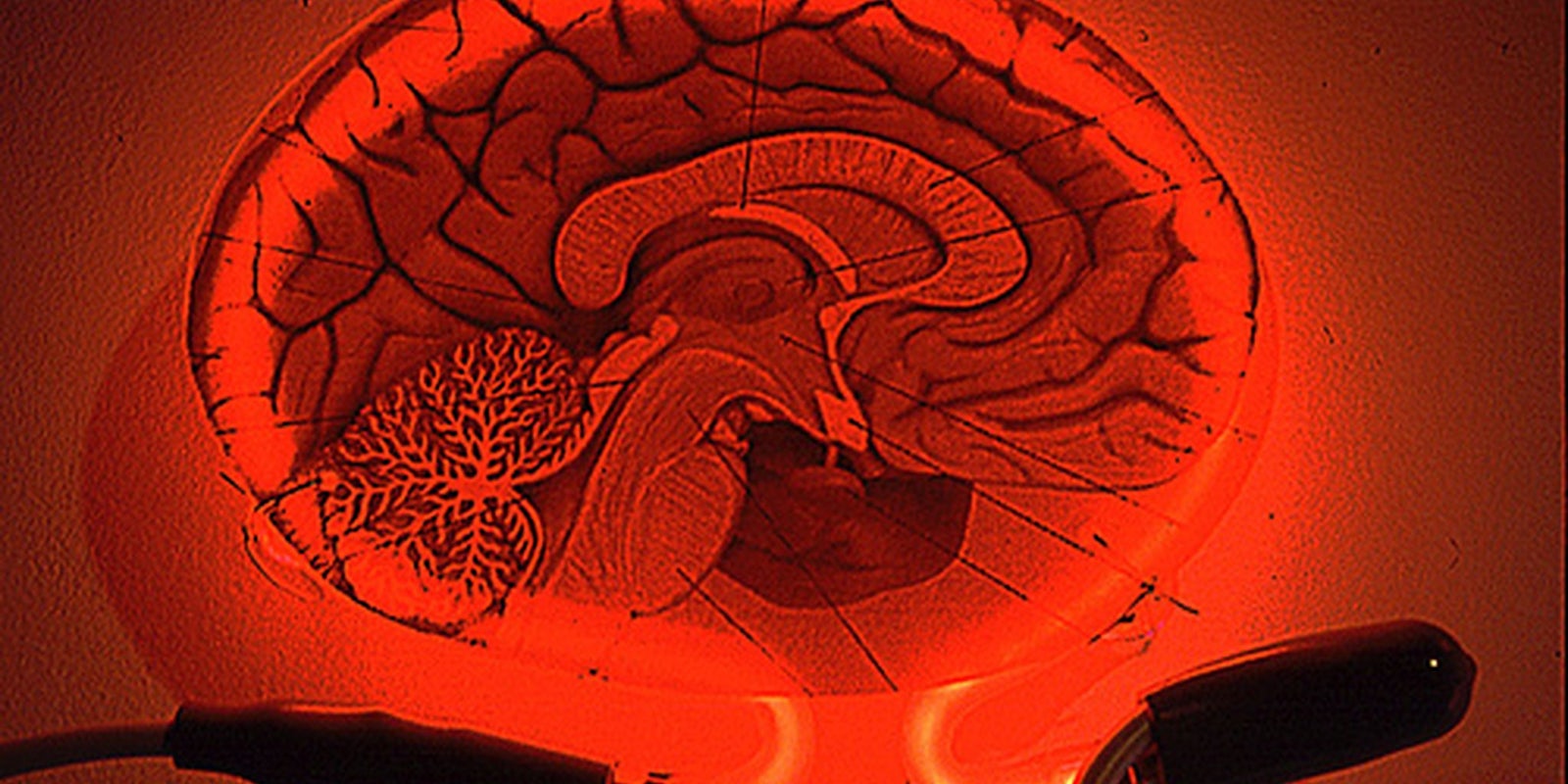The Internet hasn’t given us the secret to eternal life. But for the Turing Church, a group exploring science and religion, it has made life possible.
This Sunday, the Church is hosting its second annual Turing Church Online Workshop to “explore transhumanist spirituality.” The workshop is taking place over the Internet, using open-source virtual-reality software. And the church’s adherents would never have assembled were it not for the Web’s ability to link like-minded types.
The Turing Church is a niche within a niche of transhumanism, an intellectual and cultural movement of people seeking to use technology to transcend such traditional human limitations as sickness and aging.
A goal of some transhumanists: Using the Internet to grant eternal life, by uploading people’s consciousness out of their brains and into a computer network.
Giulio Prisco, an Italian native now living in Hungary, is the founder of the Church, an online community of “scientifically minded persons who are also open to and interested in spiritual and religious visions, compatible with science.”
The Church’s name is a play on the Church-Turing conjecture, a set of unproven but widely-accepted hypotheses about computability theory that play into such philosophical questions as whether the universe is a form of computer. One is reminded of Deep Thought from Douglas Adams’s Hitchhiker’s Guide to the Galaxy.
On his blog, Prisco outlined “the cosmic visions of the Turing Church” he’d shared at another transhumanist conference—computer-generated immortality flavored with a dash of the Matrix:
… minds can be uploaded from biological brains to other computational substrates. Mind uploading research may achieve practical results within decades. Given the technology, humans may live indefinitely, colonizing the universe, and resurrecting the dead by “copying them to the future.” Perhaps they will create synthetic realities inhabited by sentient minds; perhaps we are in a synthetic reality….
Prisco also noted similarities between these predictions and the promises various religions make to their followers.
So far the church is but a tiny tributary flowing into the transhumanist mainstream: as of publication time, the conference announcement had inspired only a handful ofTwitter posts in a week, some doubtless from among the 36 members of the church’s Facebook group.
Transhumanism as a movement predates the Internet, and is big enough that it doesn’t strictly need the Web to survive: Without it, events like the Singularity Summits would likely still go on (albeit with members far less optimistic about how soon “mind uploading research may achieve practical results”).
But it’s hard to imagine how a group like the Turing Church would form, let alone hold an international conference, without the Internet. That this church exists, that it occupies some shared space in its congregations’ minds and lives both within and without them, suggests that we’ve already taken some small step to moving our consciousness into the network.
